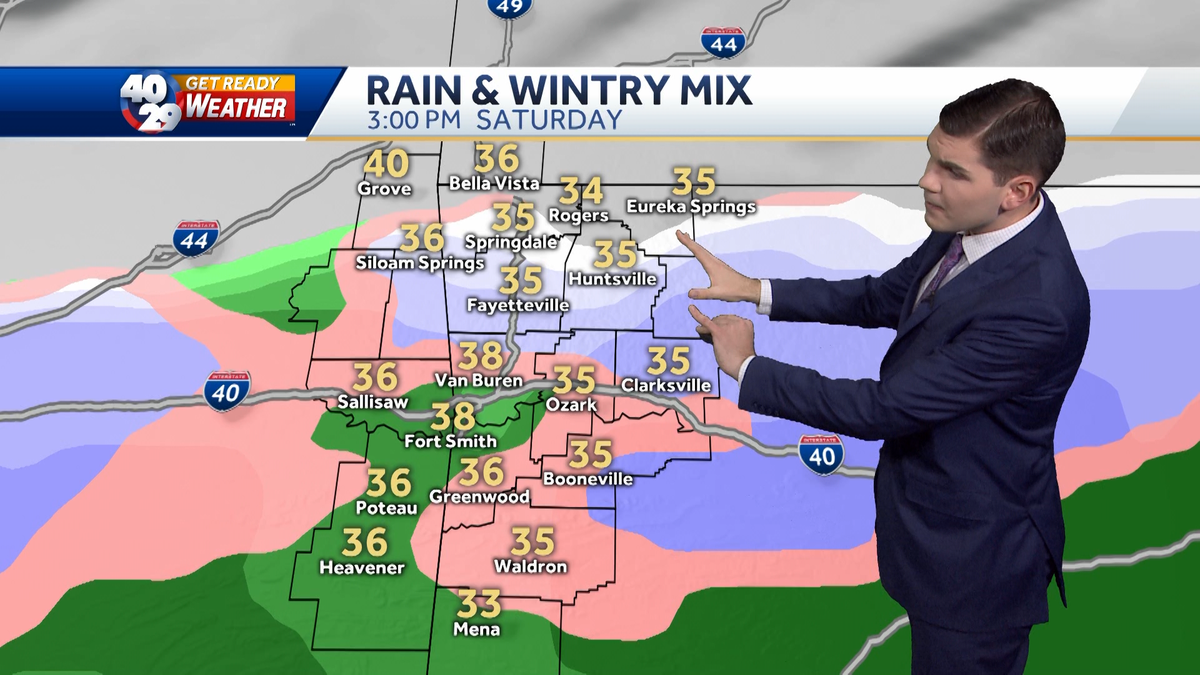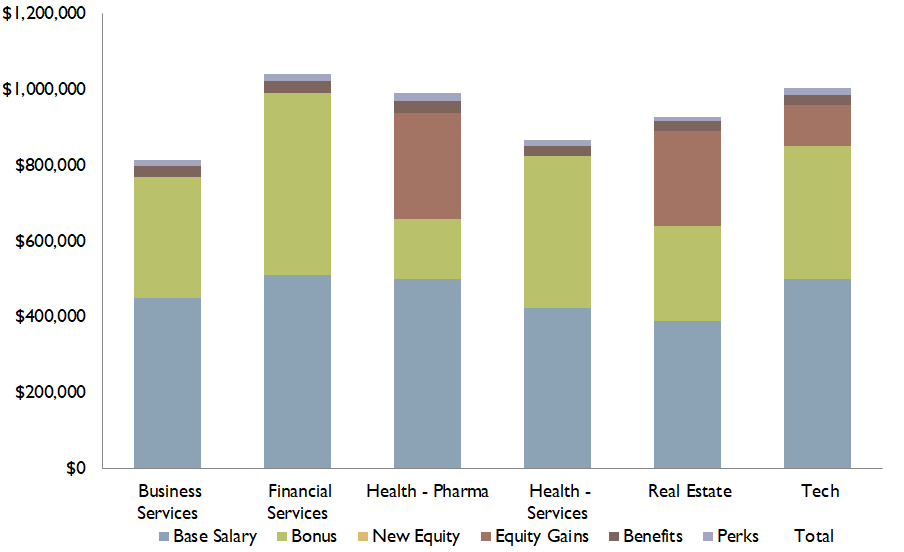Driving Safely During A Wintry Mix Of Precipitation

Table of Contents
Understanding the Dangers of a Wintry Mix
A wintry mix presents unique challenges compared to driving in solely snowy or icy conditions. The varying types of precipitation, their unpredictable nature, and their combined effect on road surfaces create extremely slippery and hazardous conditions.
The Unique Challenges of Mixed Precipitation
The combination of snow, sleet, and freezing rain significantly impacts road conditions and driving safety.
- Reduced Visibility: Snow significantly reduces visibility, making it difficult to see other vehicles and road hazards. Heavy snow can create near-whiteout conditions.
- Black Ice Formation: Freezing rain forms a nearly invisible layer of ice (black ice) on roads, making them extremely slippery and treacherous. This is particularly dangerous because it’s often difficult to detect.
- Unpredictable Road Conditions: A wintry mix means road conditions can change rapidly and unpredictably as precipitation types shift. One moment you might be driving on packed snow, the next on a sheet of black ice.
- Increased Braking Distance: All types of wintry mix precipitation dramatically increase braking distance, requiring drivers to leave significantly more space between vehicles.
- Reduced Vehicle Control: The slippery surfaces significantly reduce traction, making it harder to steer and control your vehicle, increasing the risk of skidding and loss of control.
Recognizing Hazardous Road Conditions
Identifying dangerous road surfaces is critical for safe wintry mix driving.
- Black Ice: Look for patches of dark, shiny ice, often appearing almost invisible on the road surface. Bridges and overpasses tend to freeze first due to their exposure to cold air.
- Slush: Slush is a mixture of snow and water, which can also be quite slippery, particularly when it refreezes.
- Temperature: Pay close attention to the temperature. Temperatures near or below freezing (0°C or 32°F) significantly increase the risk of black ice and other hazardous conditions.
- Observe Other Drivers: Watch other drivers for signs of difficulty, such as skidding or slow speeds. This can alert you to potentially dangerous areas.
Preparing Your Vehicle for a Wintry Mix
Preparing your vehicle is essential for safe wintry mix driving. This includes regular maintenance and creating a well-stocked emergency kit.
Essential Vehicle Maintenance
Regular maintenance is crucial for optimal vehicle performance in wintry conditions.
- Tire Pressure: Check your tire pressure regularly, especially when temperatures drop (check tires when cold). Proper inflation improves traction and handling.
- Tread Depth: Ensure your tires have adequate tread depth for optimal grip on snow and ice. Consider winter tires for enhanced traction in severe winter conditions.
- Battery Health: Have your battery and charging system tested. Cold weather puts extra strain on batteries, and a weak battery can leave you stranded.
- Windshield Wipers: Ensure your windshield wipers are in good working condition and replace them if necessary. Invest in winter wiper blades designed for snow and ice removal.
Building an Emergency Kit
A well-equipped emergency kit is vital in case you get stranded during a wintry mix.
- Jumper Cables: For jump-starting your battery in case of a power failure.
- First-Aid Kit: To treat minor injuries.
- Flashlight: To signal for help or illuminate the area if you break down at night.
- Blankets: For warmth in case you become stranded.
- Extra Warm Clothing: Hats, gloves, scarves, and extra layers of clothing.
- Non-Perishable Food: Energy bars, granola, etc., to provide sustenance.
- Water: Bottled water is essential for hydration.
- Ice Scraper: To clear ice and snow from your windows.
- Shovel: To dig your vehicle out of snow or ice.
- Traction Mats/Sand: To provide traction if your vehicle gets stuck.
Driving Techniques for a Wintry Mix
Adjusting your driving style is crucial for safe navigation during a wintry mix.
Adjusting Your Driving Style
Significant adjustments to your driving habits are necessary for safe wintry mix driving.
- Reduce Speed: Significantly reduce your speed, well below the posted speed limit.
- Increase Following Distance: Increase your following distance to at least 10 seconds or more, allowing ample time to react to changing conditions.
- Gentle Acceleration and Braking: Accelerate and brake gently, avoiding sudden movements that can cause loss of control.
- Smooth Steering: Steer smoothly and avoid sudden or sharp turns.
Navigating Slippery Roads
Handling curves, hills, and intersections safely requires extra caution.
- Approach Turns Slowly: Approach turns slowly and gradually, reducing speed well in advance.
- Hills: Avoid sudden braking or acceleration on hills. If you start to slide, steer gently into the skid and gradually regain control.
- Intersections: Proceed cautiously through intersections, allowing extra time to stop.
- Gradual Maneuvers: Make all maneuvers—steering, braking, acceleration—gradual and smooth.
Dealing with Skidding
Knowing how to react if your vehicle starts to skid is crucial.
- Ease Off the Gas Pedal: Ease off the gas pedal immediately.
- Avoid Slamming on the Brakes: Do not slam on the brakes, as this can worsen the skid.
- Steer Into the Skid: Gently steer in the direction of the skid. (For front-wheel drive vehicles, steer in the direction you want to go). This helps regain control. Practice this technique in a safe, controlled environment.
Conclusion
Driving during a wintry mix of precipitation requires extra caution and preparedness. By understanding the unique challenges posed by this type of weather and implementing the driving techniques outlined above, you can significantly reduce your risk of accidents. Remember to always check weather forecasts before traveling and prioritize safety over speed. Stay safe and drive responsibly during your next wintry mix! Prepare your vehicle for wintry mix driving conditions, and remember that safe driving in wintry mixes saves lives.

Featured Posts
-
 31 Decrease In Bp Chief Executives Compensation
May 21, 2025
31 Decrease In Bp Chief Executives Compensation
May 21, 2025 -
 Matt Lucas Gives Little Britain Revival Update Following Fan Questions
May 21, 2025
Matt Lucas Gives Little Britain Revival Update Following Fan Questions
May 21, 2025 -
 British Ultrarunner Challenges Australian Crossing Record
May 21, 2025
British Ultrarunner Challenges Australian Crossing Record
May 21, 2025 -
 Ai Powered Podcast Creation Analyzing Repetitive Scatological Data For Engaging Content
May 21, 2025
Ai Powered Podcast Creation Analyzing Repetitive Scatological Data For Engaging Content
May 21, 2025 -
 Deux Sites Bretons Selectionnes Pour La Mission Patrimoine 2025 Plouzane Et Clisson
May 21, 2025
Deux Sites Bretons Selectionnes Pour La Mission Patrimoine 2025 Plouzane Et Clisson
May 21, 2025
